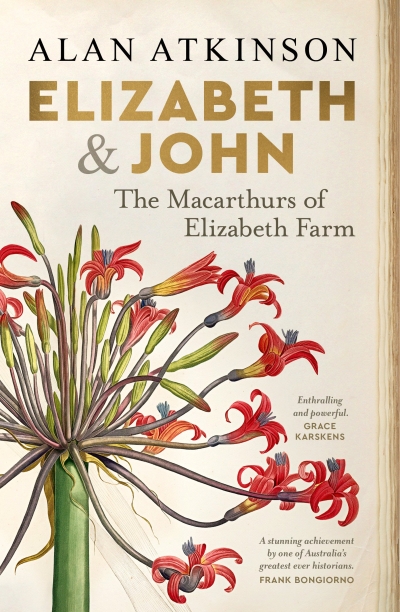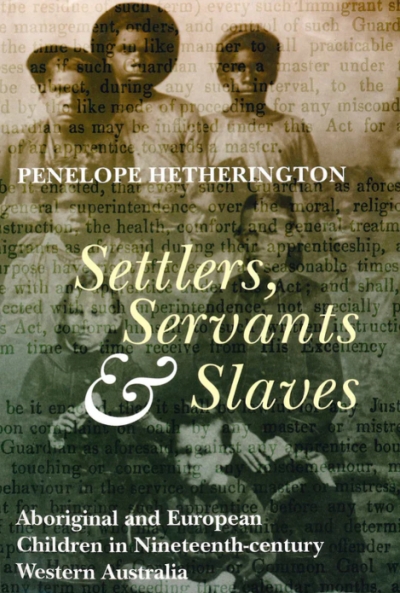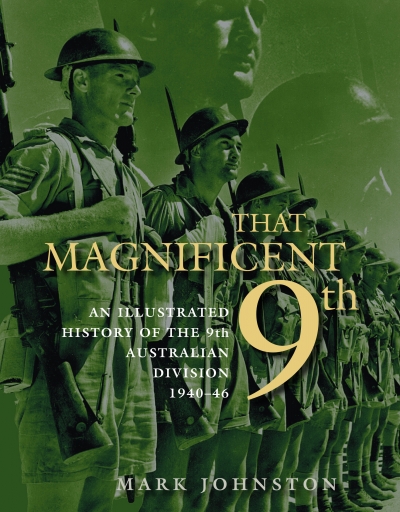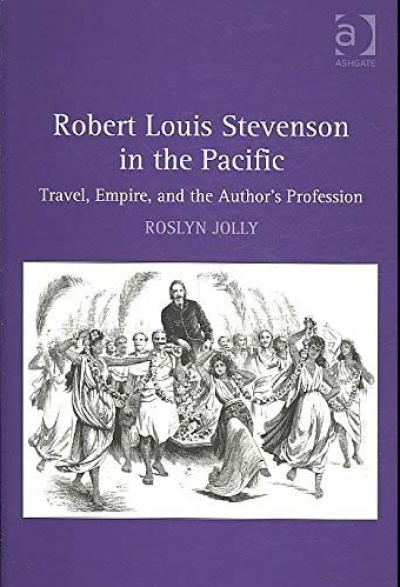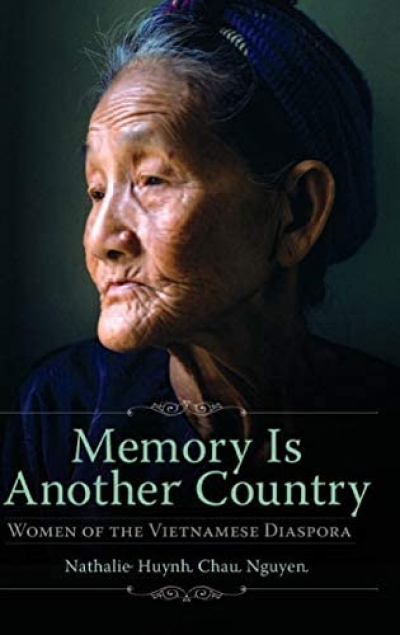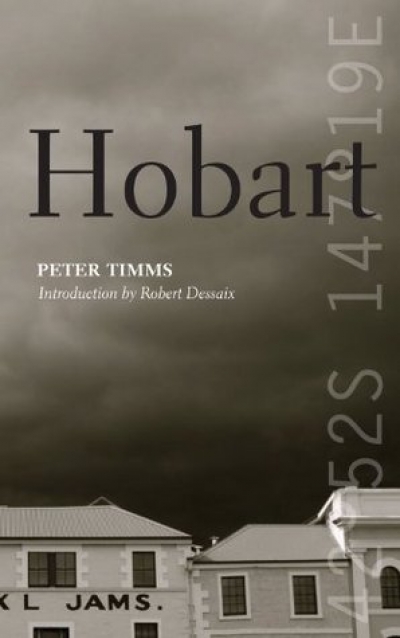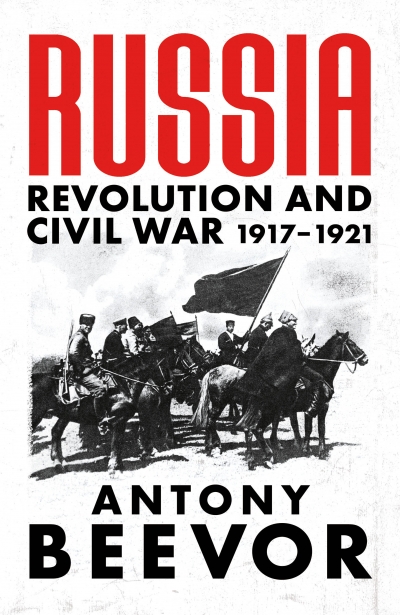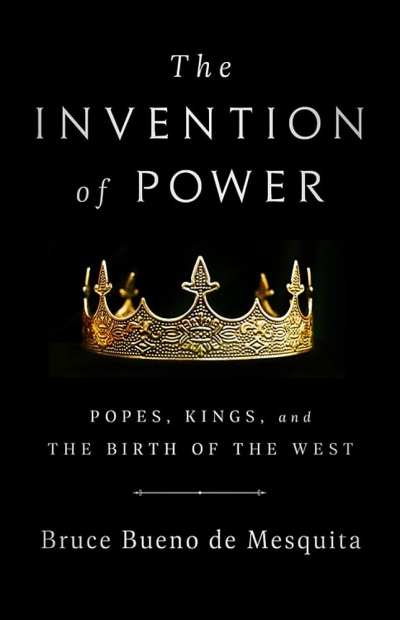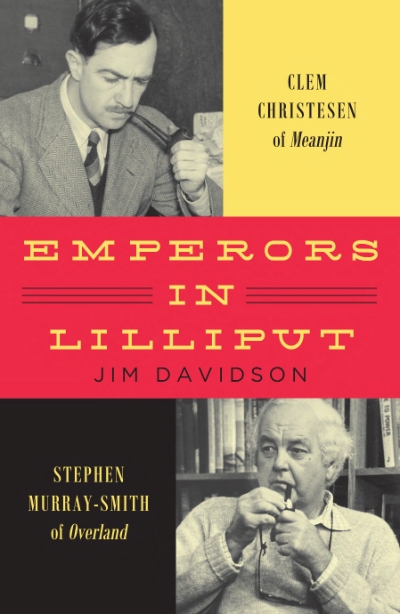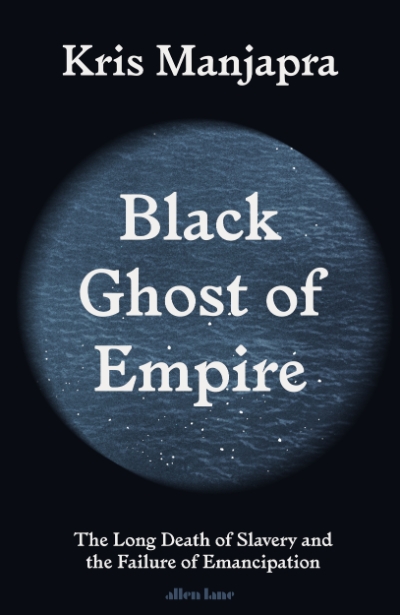History
Elizabeth and John: The Macarthurs of Elizabeth Farm by Alan Atkinson
'If we take it for granted that John Macarthur was a bad man,’ writes Alan Atkinson, ‘then all the surviving evidence takes on a colouring to match. If we think that, then every word he wrote is suspect. On the other hand, leave the question of character open and the evidence takes on a new richness altogether – a deeper and more complex humanity. That is what I aim to do in this book.’
... (read more)Settlers, Servants & Slaves: Aboriginal and European children in nineteenth-century Western Australia by Penelope Hetherington
Childhood is something we take for granted. We all had one, but our idea of when it ended is quite subjective, depending on the society and culture in which we grew up, our economic and class background, and particular family circumstances. In some societies, the end of childhood is quite clear-cut. Most Aboriginal societies in the past (and some in the present) defined the onset of male adulthood by putting boys through stringent initiation ceremonies. Some girls also went through initiation ceremonies, others ended childhood when they reached what was deemed a marriageable age.
... (read more)That Magnificent 9th by Mark Johnston & Alamein by Mark Johnston and Peter Stanley
At 9:40 pm on 23 October 1942, in the North African desert, the heavens lit up with myriad flashes from more than one thousand guns, and the roar of the British Commonwealth Eighth Army’s opening barrage rolled out towards Field Marshal Rommel’s poised Panzerarmee Afrika. Promptly, at 10 pm, when two search-lights arced across the sky, beams crossing, the waiting infantry from Australia, Scotland, New Zealand, South Africa, India, and Great Britain rose from weapon pits, where they had been lying doggo all day, and began to fight their way forward through wired and dug defences, and ingeniously laid enemy minefields stretching up to six thousand metres deep.
... (read more)Robert Louis Stevenson in the Pacific: Travel, empire and the author's profession by Roslyn Jolly
In 1887 Robert Louis Stevenson, the author of Kidnapped (1886) and Dr Jekyll and Mr Hyde (1886), left England for the sake of his declining health. By the end of 1889 he was living in Samoa. The British reading public adored Stevenson, and reactions in the press to his immersion in the complicated politics of his new home ranged from irritation to incomprehension. When the sequel to Kidnapped, Catriona (or David Balfour), was published in 1893, they rejoiced in the restoration of ‘their RLS’. One reviewer wrote, ‘Write as many sequels to “Kidnapped” as you wish, and we will read them with zest, but do not tell us anything more about Samoa.’
... (read more)Memory is Another Country: Women of the Vietnamese diaspora by Nathalie Huynh Chau Nguyen
Memory Is Another Country: Women of the Vietnamese Diaspora is the product of a project financed by the Australian Research Council and undertaken by Nathalie Huynh Chau Nguyen, herself a refugee. Between 2005 and 2008 she and two co-workers (Boitran Huynh-Beattie and Thao Ha) recorded confidential oral testimony from forty-two Vietnamese women living in Australia, who are referred to only by their first names. They come from a range of different backgrounds, in terms of age, class and district, but all of them fled war and political upheaval before prolonged and painful transitions to Australia. Their narratives cover generations of war and its aftermath, from the French and Japanese occupations to American intervention and the 1975 fall of Saigon, and life in re-education camps thereafter. Many of the women made multiple escape attempts before reaching Australia – fourteen, in one case.
... (read more)I first came to Hobart just over three years ago, to take up a job. Unencumbered and ready for an adventure, I thought nothing of agreeing to the post without ever having visited the Tasmanian capital (or Tasmania, for that matter). The job advertisement included the promise of an ‘idyllic lifestyle’, which sounded pretty good to me.
... (read more)Armando Iannucci, creator of the darkly comic series Veep and The Thick of It, is surely one of our more perceptive contemporary political observers. While making us laugh or grimace with recognition at the manoeuvrings of his characters, he can also pull us up cold. For example, Iannucci spends most of The Death of Stalin mocking the posturing of the politburo following the tyrant’s death in 1953. Then, suddenly, disturbingly, the merry-go-round judders to a halt and Beria is ambushed, tried, and executed in a courtyard. It echoes the mockery of the shirtless and mounted Vladimir Putin – before he invaded Ukraine
... (read more)The Invention of Power: Popes, kings, and the birth of the West by Bruce Bueno de Mesquita
We live in an age that worships data. If Covid-19 has taught us nothing else, it is that arguments advanced via assertions of statistical significance are practically impervious to criticism. Naturally, quantitative-minded academics have become the high priests of this religion, and they now seem to think they are the authorities on everything. When they cynically use trendy tools to legitimise what are really very old preconceptions, it is as if the linguistic turn and those other movements that sought to ground scholarship in careful, close-read qualitative analysis of texts and contexts never happened. At least, that is the impression one gets from reading this somewhat surreal contribution to debate about the significance of the European Middle Ages from American political scientist Bruce Bueno de Mesquita.
... (read more)Emperors in Lilliput: Clem Christesen of Meanjin and Stephen Murray-Smith of Overland by Jim Davidson
‘In Sydney if you have something to say you hold a party; in Melbourne you start a journal,’ quipped the poet and critic Vincent Buckley in 1962. Buckley was an acute, astringent observer of the literary culture of the two cities. An outsider in both, he recognised Melbourne’s characteristic voice – ‘earnest, do-gooding, voluble’ – in the leftish humanism of its leading literary journals, Clem Christesen’s Meanjin and Stephen Murray-Smith’s Overland. Not for Melbourne the anarchic frenzies of the Bulletin, the Sydney Push and Oz. While Sydney had the best poets, Buckley contended that the southern capital had the most influential opinion makers.
... (read more)Black Ghost of Empire: The long death of slavery and the failure of emancipation by Kris Manjapra
‘To fully understand why the shadow of slavery haunts us today, we must confront the flawed way that it ended.’ This premise guides the third book of Kris Manjapra, a Bahamian of African and Indian descent and history professor at Massachusetts’s Tufts University. As Manjapra invites us to see, the ‘voids’ in his family’s history reflect the pernicious afterlife of five hundred years of Atlantic slavery; his loss just one of its manifold legacies.
... (read more)
